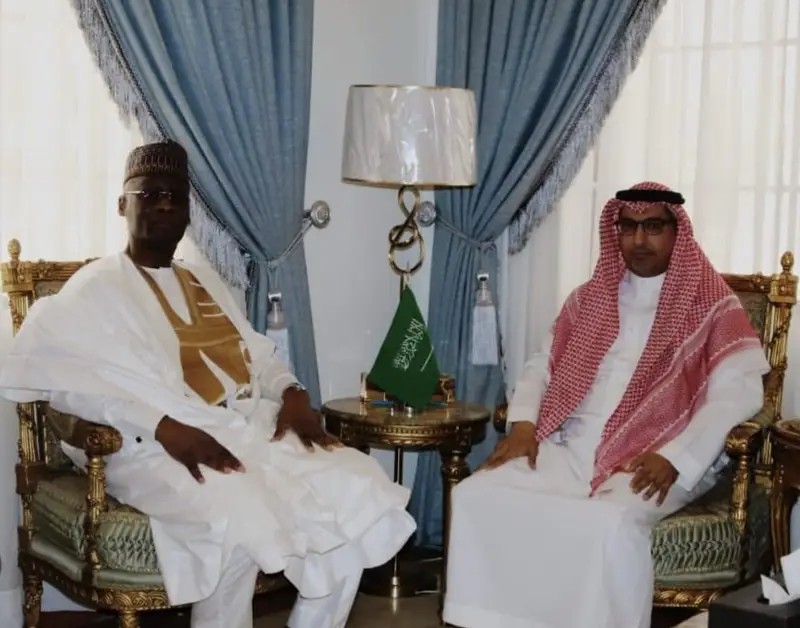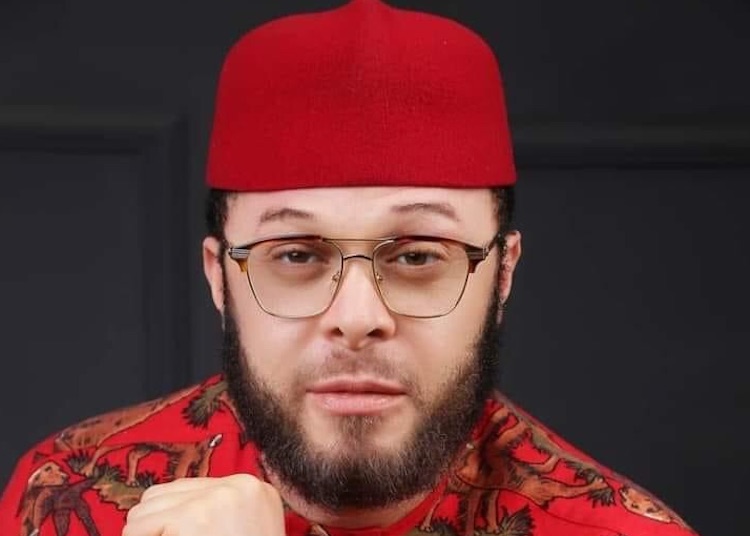A recent decision by the Kano State Government in Nigeria has sparked controversy, with former Kaduna Central Senator Shehu Sani expressing his discontent over the financial compensation offered to the families of deceased athletes. The athletes, who were representing Kano State, tragically lost their lives in a motor accident while returning from the National Sports Festival in Abeokuta, Ogun State. In response to the incident, the Kano State Government announced a donation of one million naira to each of the families of the 22 deceased athletes.
However, Senator Sani has publicly criticized this gesture, deeming the amount insufficient and unbefitting, given the circumstances of the athletes’ deaths. The former lawmaker took to social media to express his sentiments, stating, “One million for each of the deceased athletes is not enough. Kano is rich enough to do more than that. The deceased died in active service.” This statement underscores Sani’s belief that the compensation provided does not adequately reflect the value of the athletes’ service to the state.
The National Sports Festival, a significant event in Nigeria’s sporting calendar, brings together athletes from various states to compete and showcase their talents. The tragic loss of life in this instance has sent shockwaves across the nation, with many calling for more substantial support for the affected families. Senator Sani’s critique of the Kano State Government’s response highlights the need for a more comprehensive approach to compensating the families of the deceased athletes, considering their sacrifice and dedication to representing their state.
As the news of the accident and the subsequent response from the Kano State Government continues to unfold, it remains to be seen how the situation will be addressed. The international community is also taking notice of the incident, with many emphasizing the importance of adequate compensation and support for athletes and their families in the face of tragedy. The conversation sparked by Senator Sani’s criticism serves as a reminder of the need for governments and sporting organizations to prioritize the well-being and recognition of athletes, both during and after their service.



